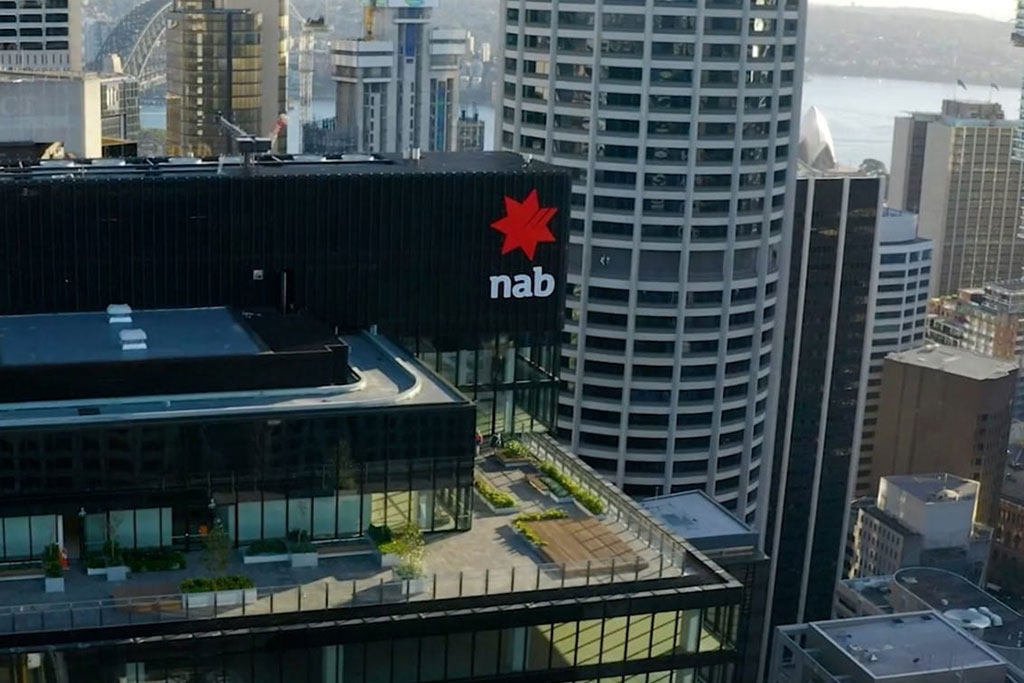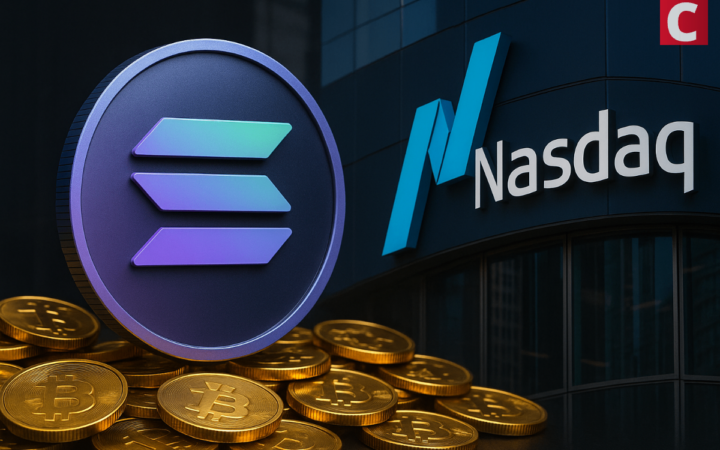
An experienced writer with practical experience in the fintech industry. When not writing, he spends his time reading, researching or teaching.
According to NAB executive for group investigations and fraud Chris Sheehan, they have observed many scammers using cryptocurrency platforms to launder stolen funds.
 Edited by Julia Sakovich
Updated
3 mins read
Edited by Julia Sakovich
Updated
3 mins read

National Australia Bank (NAB) will begin blocking payments to high-risk crypto exchanges in an effort to curb scam losses. NAB announced the ban on Monday. It noted that it was taking action to protect its customers from the risks associated with cryptocurrency.
According to the NAB, it has stopped over $270 million worth of customer payments between March and July using payment prompts. Insights from the NAB app show 12% of payments were abandoned when customers received a real-time payment prompt in the app.
Again, recent data from the Australian Financial Crimes Exchange showed that 50% of reported scam funds had cryptocurrency linkage. With over $1.5 billion lost to investment scams by Australians in 2022 and about $221 million of that to crypto scams the threat posed by scam losses is great.
Earlier this year, Westpac and the Commonwealth Bank reportedly halted payments to Binance. ANZ also noted that it would start preventing payment to particular high-risk crypto trading platforms. Thus, the move to block payment to crypto exchanges is the latest in a series of measures by Australian banks to restrict cryptocurrency transactions.
While the ban is expected to affect Binance, NAB did not identify any specific cryptocurrency exchanges, noting its approach will be “consistent with the industry”. However, the bank stated that it will affect “high-risk” platforms with more scam events.
According to NAB executive for group investigations and fraud Chris Sheehan, they have observed many scammers using cryptocurrency platforms to quickly launder stolen funds. “We want to make it as hard as possible for these criminals and reduce the impact on our customers,” he said.
Meanwhile, a ban that affects Binance’s operations will only increase its woes in Australia. The Australian Securities and Investment Commission canceled its local derivatives license in April. Later in May, Binance lost its local banking partner Cuscal. The Australian regulator has also reportedly begun a probe into Binance’s operations in the country.
And it isn’t just Australia. Binance has come under fire in many of its operational jurisdictions in recent times. In the US, The Commodity Futures Trading Commission (CFTC) and the SEC have accused Binance of operating without proper license and improper handling of customer funds. In the Netherlands, the exchange was forced to withdraw after failing to secure a license. The company is also facing accusations of illegal operations in France.
Despite the regulatory assaults, Binance CEO Changpeng Zhao has reiterated the company’s commitment to regulation. He said that they “are not just open but eager to collaborate with policymakers to shape the future of digital assets”.
Disclaimer: Coinspeaker is committed to providing unbiased and transparent reporting. This article aims to deliver accurate and timely information but should not be taken as financial or investment advice. Since market conditions can change rapidly, we encourage you to verify information on your own and consult with a professional before making any decisions based on this content.

An experienced writer with practical experience in the fintech industry. When not writing, he spends his time reading, researching or teaching.





